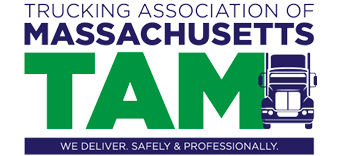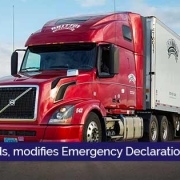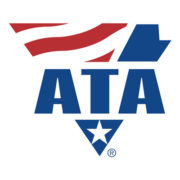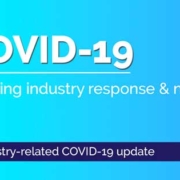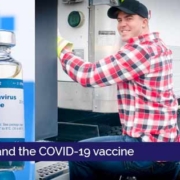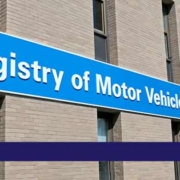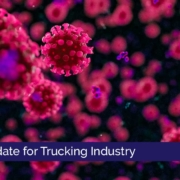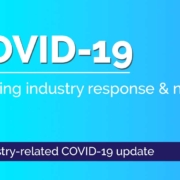Governor declares emergency related to hours of service regulations
On Jan. 13, Gov. Charlie Baker signed a Declaration of Emergency Notice providing relief from regulations pertaining to hours of service of motor carriers and drivers of commercial motor vehicles. This exemption is exclusive to those commercial drivers transporting and delivering fuels necessary for the continued heating of homes, businesses and other structures.
The exemption remains in effect through Feb. 6, 2022 unless rescinded sooner by appropriate order. It applies only to 49 CFR Part 395 and no other sections of the FMCSRs.
The full text of the declaration is available online, and a PDF is available for download.
DECLARATION OF EMERGENCY NOTICE
(Title 49 CFR Part 390.23)
Pursuant to 49 CFR Section 390.23, I, Governor Charles D, Baker, declare that an emergency exists pertaining to the delivery of essential supplies, more specifically propane and heating and fuel oil to customers in the Commonwealth of Massachusetts,
This emergency exemption is issued as a result of the confluence of below average cold temperatures that have caused on increased demand for fuel throughout the Commonwealth and workforce shortages, caused by the COVID-19 Omicron variant.
This emergency declaration provides regulatory relief for commercial motor vehicles operation while providing direct assistance supporting the delivery of propane and heating and fuel oil into the affected areas and to consumers during the emergency,
This emergency exemption is effective beginning 11:59 PM, EST, January 11, 2022 and will remain in effect until 11:59 P.M., EST, February 6, 2022 unless rescinded sooner by appropriate order.
The following ls ordered:
- An emergency exists that requires relief from regulations adopted in Massachusetts and Federal Statutes and Regulations pertaining to hours of service of motor carriers and drivers of commercial motor vehicles, while transporting and delivering fuels necessary for the continued heating of homes, businesses, and other structures, (49 CFR Part 395).
- Nothing contained in this declaration shall be construed as an exemption from the Controlled Substances and Alcohol Use and Testing requirements (49 CFR Part 382), the Commercial Driver’s License requirements (49 CFR Part 383), the Financial Responsibility requirements (49 CFR Part 387), applicable Size and Weight requirements, or any other portion of the regulation not specifically authorized pursuant to Title 49 CFR Section 390.23.
- No motor carrier operating under the terms of this exemption shall require or allow a fatigued or ill driver to operate a motor vehicle. A driver who informs a carrier that he or she needs immediate rest shall be given at least ten consecutive hams off-duty before the driver is allowed to return to service.
- Motor carriers or drivers that have an Out of Service Order in effect may not take advantage of the relief from regulations that this declaration provides under Title 49 CFR 390.23.
- Drivers of motor carders that operate under this Declaration of Emergency Notice must have a copy of it in their possession.
- Consistent with Title 49 CFR Section 390.23, this emergency notice will remain in effect through 11:59 P.M., February 6, EST or sooner if terminated by the Governor.
DATE: January 13, 2022
Charles D. Baker
Governor
